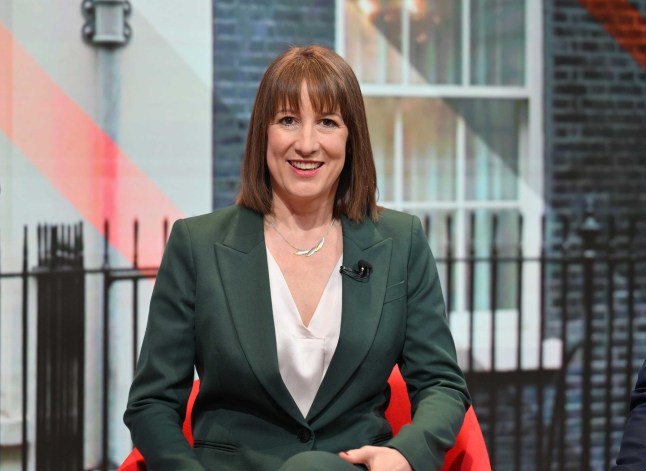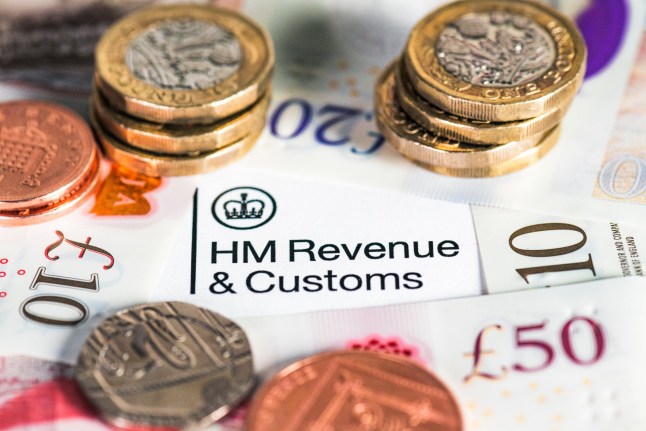
An average family in Britain could be £1,400-a-year poorer by 2030, according to new analysis.
Frozen tax thresholds, rising mortgage and rent costs, and falling real earnings are all predicted to leave people worse off in the next five years.
The hardest blows will fall on the poorest third, who will bear the impact at twice the rate of middle and high earners, according to the analysis by thinktank The Joseph Rowntree Foundation (JRF).
The anti-poverty charity’s report predicts that the Labour government will miss one of its stated ‘milestones’ to raise living standards before the next election.
The £1,400 drop by April 2030 equates to a 3% fall in disposable income for the average family.
The lowest income households will be £900 per year worse off – a 6% fall, it said.

Average earnings are also set to fall by £700 per year by 2030, according to the JRF.
And the situation could be even worse for some as the analysis doesn’t account for the £5bn cut to disability benefits announced this week.
The charity used modelling forecasts from the Bank of England and others to create its prediction.
It also polled of 5,000 people with YouGov.
Alfie Stirling, its director of insight and policy, said Labour risks running the ‘first parliament on modern record to see a fall in average living standards from start to finish’.
It branded the welfare cuts ‘wrong’ and wants the plan scrapped.

Instead the government should instead raise cash by increasing tax on wealth and investments, it said.
This is unlikely to happen after by chancellor Rachel Reeves ruled out any more tax rises earlier this week.
When asked about the foundation’s findings, Reeves rejected the claims that living standards are falling.
She claimed that living standards in the last Consversative-run parliament ‘were the worst ever on record’.
The analysis came shortly before the chanellor’s spring statement in which more cuts are set to be announced in a bid to improve the country’s finances.
Today Reeves said the Civil Service’s administrative running costs will be slashed by 15% as part of her efficiency drive.
Whether this helps drive economic growth – the government’s top priority – remains to be seen.
The Bank of England recently halved its growth outlook for the UK economy this year to 0.75% – pouring more water on hopes of the economy reigniting after years of tepid growth.
There are also worries next month’s hike to employer national insurance and the minimum wage will create further drag on investment.
Get in touch with our news team by emailing us at webnews@metro.co.uk.
For more stories like this, check our news page.







